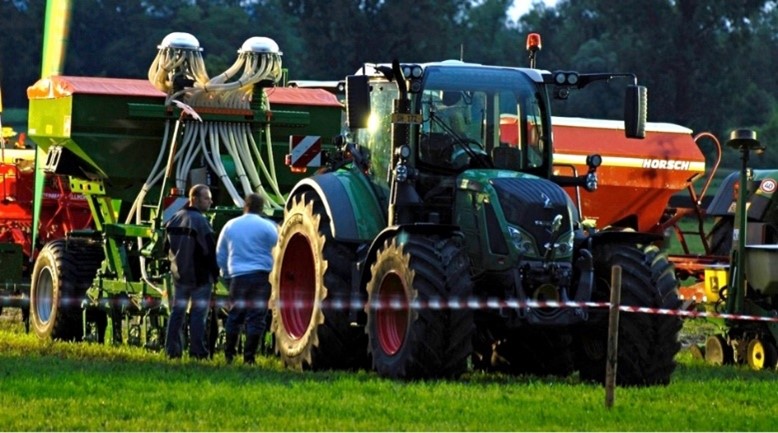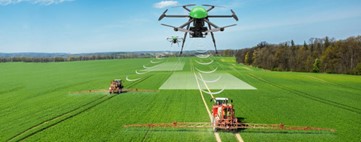FARMIND

Mathematical programming models such as farm-level or agent-based models are important tools for simulating farmers’ behaviour in response to changing environmental, economic, or institutional conditions and policies. FARMIND is an agent-based model for the simulation of farm level decision-making developed by the Agricultural Economics and Policy Group at ETH Zurich (see external pageHuber et al. 2022call_made).
The model combines behavioural factors with standard bio-economic farm level modelling of agricultural production. This provides a generic and conceptually sound approach to improve the scope for representing farmers’ decision-making and allows the simulation of their decisions and recent advances in behavioural economics to be aligned with existing bio-economic models of agricultural systems.
Note that FARMIND needs combination with bioeconomic models. Exemplary applications comprise the combination with the farm model FarmDyn (external pageKreft et al. 2023acall_made, external pagebcall_made) as well as a bio-economic model on precision agriculture (external pageHuber et al. 2023call_made).
Introduction to FARMIND
The following publication introduces the conceptual framework and a first generic application of the agent-based model FARMIND:
Access to model on the ETH Research Collection: FARMIND - Research Collection (ethz.ch)
Access on GitHub: external pageAECP-ETHZ/FARMIND (github.com)call_made
FARMIND Applications
AgroCO2ncept: Adoption of climate change mitigation measures

The AECP group accompanied and conducted research in the resource program "external pageAgroCO2ncept Flaachtalcall_made". In this program, farmers from the Flaachtal region test the feasibility of reducing greenhouse gas emissions through various measures in crop production, animal farming and machinery on farm and regional level from a practical perspective. At the same time, the farmers aim at increasing their profitability through collaborative efforts in cost reduction and marketing of local products. The goal of our research in the context of “AgroCO2ncept” was to evaluate the effectiveness of the program and to generalize practical on-farm experiences for better policy designs and implementations in agricultural climate adaptation and mitigation.
Publications in AgroCO2ncept using FARMIND:
Replication Packages in the ETH Research Collection: FARMIND AgroCO2ncept - Research Collection (ethz.ch)

InnoFarm: Adoption of precision agriculture technologies
The aim of the external pageInnoFarmcall_made project was to highlight how new information and communication technologies, such as the use of remote sensing (e.g. via satellites or drones), could contribute to the sustainable development of Swiss agriculture. We examined new applications – e.g. in the use of drones – relating to fertiliser usage and quantified their environmental impact. The aim was also to determine the costs and benefits of digital technologies, thereby providing a decision-making basis for management and policy measures.
Publications in InnoFarm using FARMIND:
external pageA behavioural agent-based modelling approach for the ex-ante assessment of policies supporting precision agriculture - ScienceDirectcall_made
Replication Package in the ETH Research Collection: FARMIND InnoFarm - Research Collection (ethz.ch)
